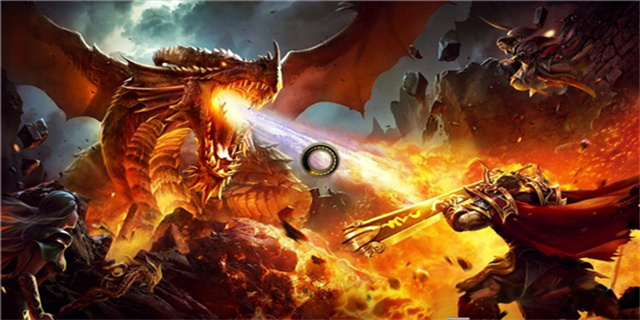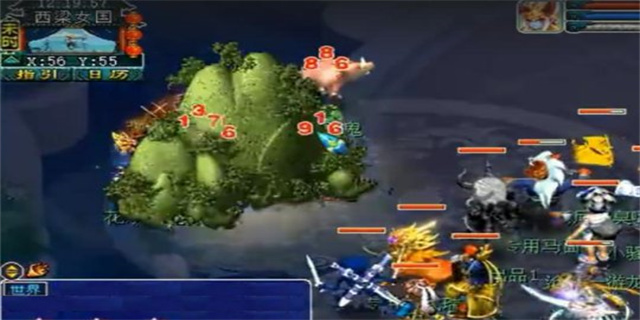black market(Uncovering the Dark World of Black Markets)
Uncovering the Dark World of Black Markets
Black markets are a shadowy corner of our economy, where goods and services are exchanged outside of legal channels. These markets operate in almost every country, trading everything from drugs to weapons to human organs. In this article, we will explore the inner workings of black markets, how they operate, and why they continue to thrive.
How Do Black Markets Operate?
Black markets operate outside of governmental control, making it difficult for authorities to regulate and tax them. Typically, black markets are fueled by a demand for goods or services that are not available through legal channels. This could be due to laws that prohibit the sale of certain goods (like drugs or weapons), or it could be due to a lack of availability (like with human organs).

Black markets often rely on personal connections or word of mouth to gain customers. Transactions are usually completed with cash and in secret locations to avoid detection by law enforcement. Because black market transactions are not taxed, they often result in cheaper prices for the consumer. However, these lower prices come at a cost, as the goods sold in black markets are often of inferior quality or carry significant risks for the buyer (like counterfeit drugs or weapons that don't function properly).
Why Do Black Markets Thrive?
One of the main reasons black markets thrive is due to economic inequality. In many countries, people who are unable to afford legal alternatives turn to black markets as their only option. For example, a person who cannot afford to buy prescription drugs through legal channels may turn to a black market to purchase cheaper, unregulated drugs. Similarly, individuals who live in places where guns are illegal or difficult to obtain may turn to black markets to purchase firearms.
Another reason black markets thrive is due to corruption within governmental institutions. In some countries, officials are bribed or coerced into looking the other way when black market activity occurs. Additionally, in countries where the legal system is weak, black market activity may go unpunished.

The Consequences of Black Markets
Black markets have wide-ranging consequences on both individuals and society as a whole. First and foremost, the goods sold in black markets are often of lower quality and can pose significant health or safety risks. For example, counterfeit prescription drugs may contain harmful ingredients or not be effective at treating the intended condition. Similarly, purchasing a weapon from a black market can result in a malfunction or even injury to the buyer.
Black markets can also contribute to organized crime and terrorism. Profits from black market activity are often funneled into criminal activity, such as drug trafficking or human trafficking. Additionally, terrorist organizations have been known to turn to black markets to fund their activities.
In conclusion, black markets are a complex and murky world that operates outside of legal channels. While they serve a demand for goods and services that cannot be obtained legally, they come at a significant cost to society. Addressing the root causes of black market activity, such as economic inequality and corruption, is crucial to mitigating its impacts and reducing its prevalence.
Uncovering the Dark World of Black Markets Black markets are
2024-01-07


















